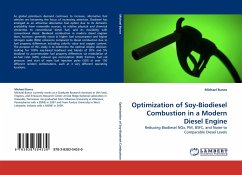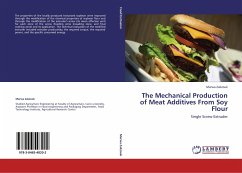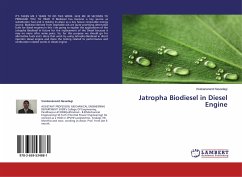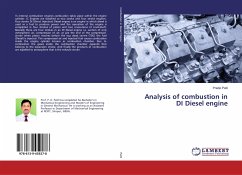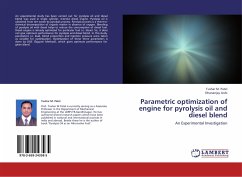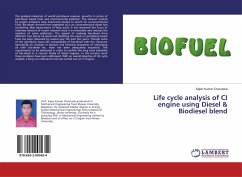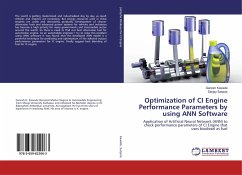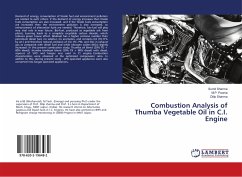As global petroleum demand continues to increase, alternative fuel vehicles are becoming the focus of increasing attention. Biodiesel has emerged as an attractive alternative fuel option due to its domestic availability from renewable sources, its relative physical and chemical similarities to conventional diesel fuel, and its miscibility with conventional diesel. Biodiesel combustion in modern diesel engines does, however, generally result in higher fuel consumption and higher nitrogen oxide (NOx) emissions compared to diesel combustion due to fuel property differences including calorifc value and oxygen content. The purpose of this study is to determine the optimal engine decision-making for 100% soy-based biodiesel and blends of 20% and 5% biodiesel to accommodate fuel property differences via modulation of air-fuel ratio (AFR), exhaust gas recirculation (EGR) fraction, fuel rail pressure, and start of main fuel injection pulse (SOI) at over 150 different random combinations, each at 4 very different operating locations.
Bitte wählen Sie Ihr Anliegen aus.
Rechnungen
Retourenschein anfordern
Bestellstatus
Storno

